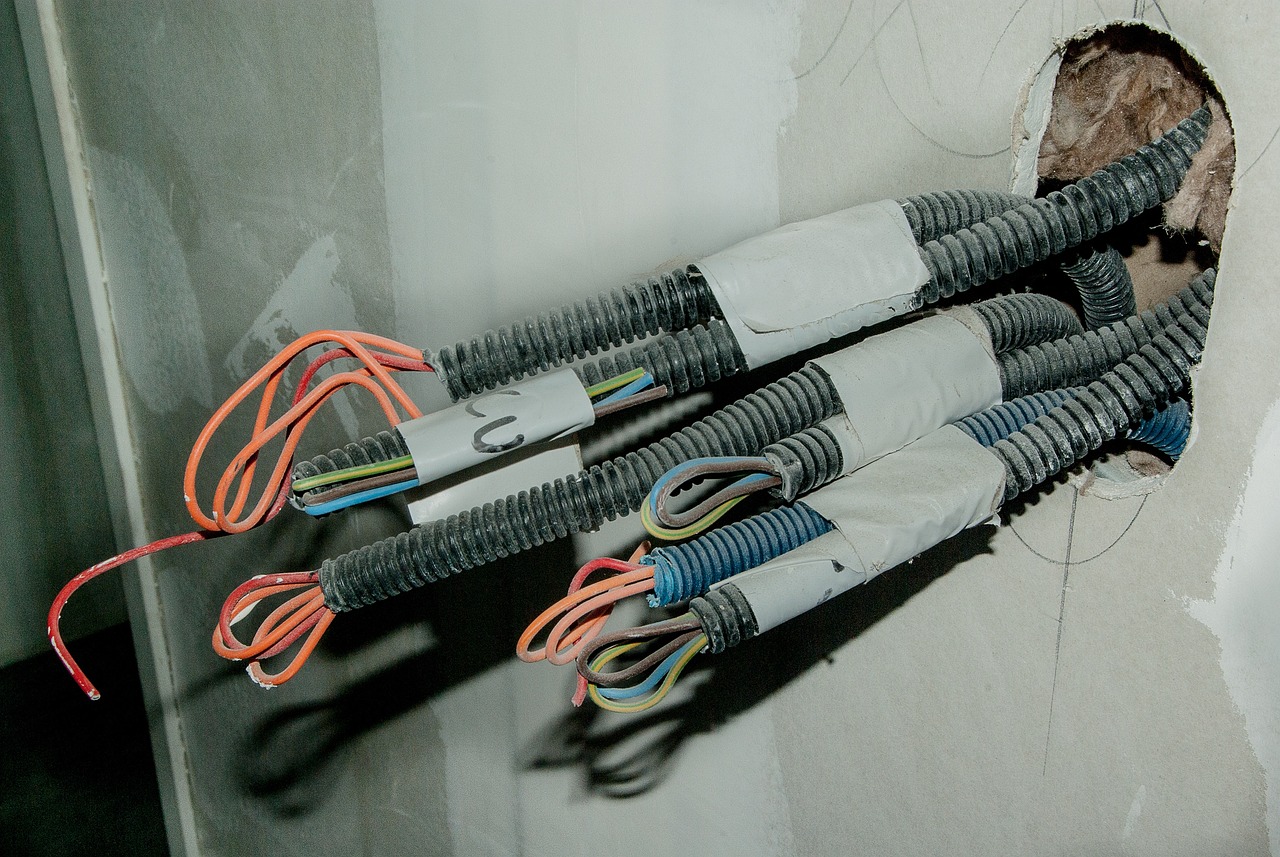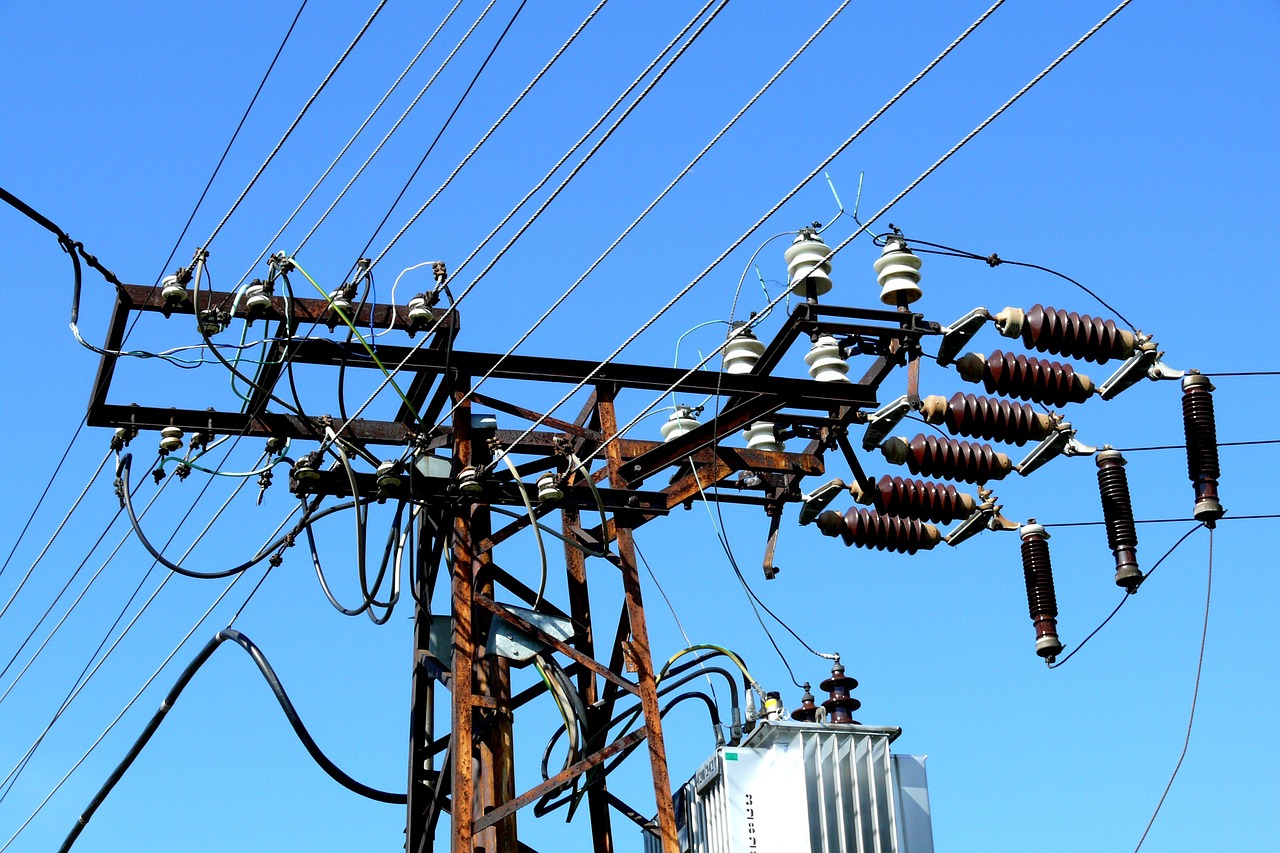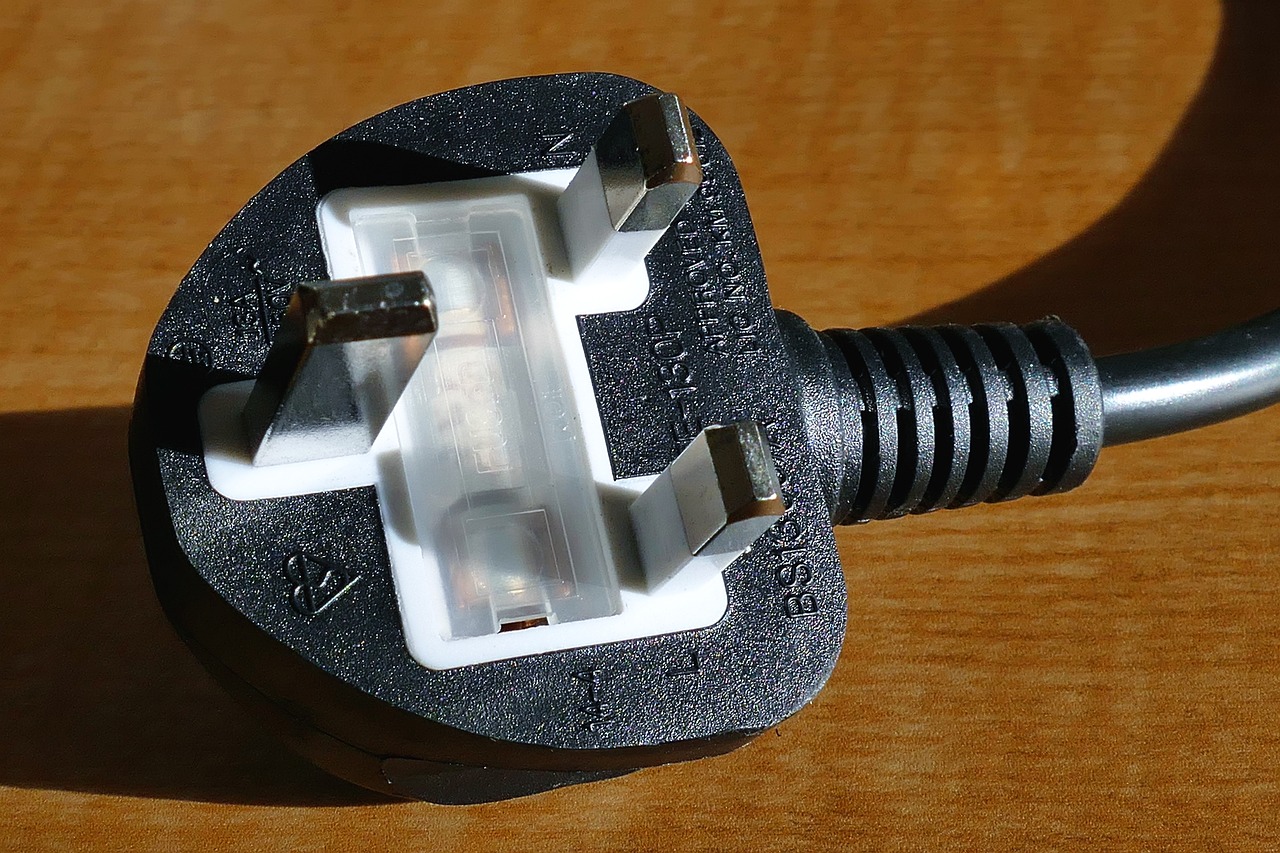Are you considering rewiring your home or business? Before you start ripping out old wires and replacing them with new ones, it’s important to understand that rewiring is more than just a simple swap.
Electrical systems are complex, and there are a multitude of factors that come into play when it comes to rewiring. Rewiring involves not just replacing old wires, but also identifying faulty components, determining the root cause of electrical issues, and improving the efficiency and functionality of your electrical systems.
This is why it’s important to hire a professional electrician for your rewiring project. With their expertise, they can help you navigate the complexities of electrical systems and ensure that your rewiring project is done safely and efficiently.
Understanding the Complexity of Electrical Systems
You might think that rewiring is as simple as pulling out old wires and putting in new ones, but in reality, electrical systems are like intricate webs of connections and circuits that require careful attention to detail and precision.
Electrical safety should always be a top priority when it comes to rewiring, as even the smallest mistake can lead to dangerous consequences. This is why it’s important to have a good understanding of the complexity of electrical systems before attempting any rewiring projects.
One important aspect of electrical systems that you need to be aware of is proper grounding. Grounding helps to protect against electrical shock by providing a path for the current to flow into the ground, instead of through your body. Without proper grounding, even a small electrical current can be deadly.
This is why it’s crucial to make sure that all electrical devices and circuits are properly grounded before starting any rewiring projects. Understanding the complexity of electrical systems and taking the necessary safety precautions will help ensure that your rewiring project is a success, without any dangerous consequences.
Identifying Faulty Components
Identifying faulty components is crucial to ensuring the safety and efficiency of an electrical system. Electricians use testing techniques and troubleshooting methods to pinpoint the root cause of any electrical issues. This involves using specialized tools to test each component and determine which one is not functioning properly.
One common testing technique is using a multimeter to measure the voltage and current flowing through each component. Troubleshooting methods involve inspecting the wiring and connectors for any signs of damage, such as frayed wires or loose connections.

By identifying faulty components early on, electricians can prevent potentially dangerous situations, such as electrical fires or electrocution. It’s important to have a trained professional perform these tests to ensure a safe and effective rewiring process.
Determining the Root Cause of Electrical Issues
Figuring out the reason behind electrical issues can be a frustrating and overwhelming experience, but it’s essential to determine the root cause of the problem to avoid future mishaps. One effective way to identify the underlying issue is by utilizing troubleshooting techniques.
This process involves a systematic approach to diagnose the problem, which includes checking the circuit breaker, outlets, switches, and other electrical components. By doing so, you can pinpoint the problem and address it accordingly.
It’s vital to note that troubleshooting electrical issues should always come with electrical safety precautions. Before starting the process, make sure to turn off the power supply to the affected area to avoid any accidents. Additionally, it’s advisable to wear protective gear, such as gloves and goggles, to minimize the risk of electric shock.
Electrical issues can also be caused by faulty wiring or outdated electrical systems. Therefore, if you’re unsure of how to troubleshoot electrical problems, it’s best to seek the assistance of a licensed electrician.
Improving Efficiency and Functionality of Electrical Systems
To enhance the efficacy and functionality of your electrical systems, it’s imperative to consider upgrading your components and implementing energy-efficient solutions. Upgrading technology can significantly improve your electrical system’s performance, as newer devices are more efficient and reliable than older ones. By upgrading your components, you can reduce the frequency of electrical issues and ensure that your system operates smoothly.
Another effective way to improve your electrical system’s efficiency is to reduce energy consumption. Implementing energy-efficient solutions, such as LED lighting and smart thermostats, can significantly lower your energy bills and reduce your carbon footprint. Additionally, reducing energy consumption can extend the lifespan of your electrical components, saving you money in the long run.
By upgrading technology and reducing energy consumption, you can enhance the efficacy and functionality of your electrical systems. This ensures that they operate smoothly for years to come.
Benefits of Hiring a Professional Electrician for Rewiring Projects
Hiring a professional electrician can greatly benefit your electrical system by ensuring that the rewiring project is completed safely and efficiently.
Rewiring your home involves more than just replacing wires. It requires the expertise of a trained and experienced electrician who can identify potential problems and provide cost-effective solutions to improve the functionality of your electrical system.
Professional electricians have the necessary tools and safety measures to complete the rewiring project without putting you and your family at risk. They can also help you save money by identifying energy-efficient solutions that can reduce your energy bills.
In addition, professional electricians can provide a warranty for their work, giving you peace of mind knowing that your electrical system is in good hands.
So, if you’re planning to rewire your home, it’s always best to hire a professional electrician to ensure that the project is done safely and efficiently.
Frequently Asked Questions
How long does rewiring a house typically take?
Rewiring a house can take anywhere from a few days to several weeks, depending on the complexity of the project. Factors like the size of the house, the number of rooms, and the condition of the existing wiring can all impact the timeframe.
Can I do rewiring myself or do I need to hire a professional electrician?
If you are not a professional electrician, it is not recommended to attempt DIY rewiring. It can be dangerous and may not meet building codes. Hiring an electrician ensures the job is done safely and up to standards.
How much does rewiring a house cost on average?
You’ll need an average cost estimation for rewiring a house, which includes wiring materials. Depending on the size of your home, expect to spend anywhere from $3,000 to $20,000 or more for a complete rewiring job.
Are there any safety hazards to be aware of during the rewiring process?
Before rewiring your house, ensure a wiring inspection is done to identify any electrical hazards such as overloaded circuits or faulty wiring. Failure to address these issues can result in fires or electrocution.
Will rewiring my house increase its resale value?
Rewiring your house can increase its resale value due to the electrical upgrades. Buyers are looking for modern, safe electrical systems. Upgrading your wiring can also improve the overall functionality and efficiency of your home.
Conclusion
So, there you have it! Rewiring is more than just replacing wires. It requires a thorough understanding of the complexity of electrical systems, identifying faulty components, determining the root cause of electrical issues, and improving the efficiency and functionality of electrical systems.
Although it may seem like a simple task, rewiring can be dangerous and complicated if not done correctly. That’s why it’s important to hire a professional electrician for rewiring projects. They have the knowledge, skills, and experience to ensure that your electrical system is safe, efficient, and up to code.
So, don’t hesitate to reach out to a professional electrician for your rewiring needs.



